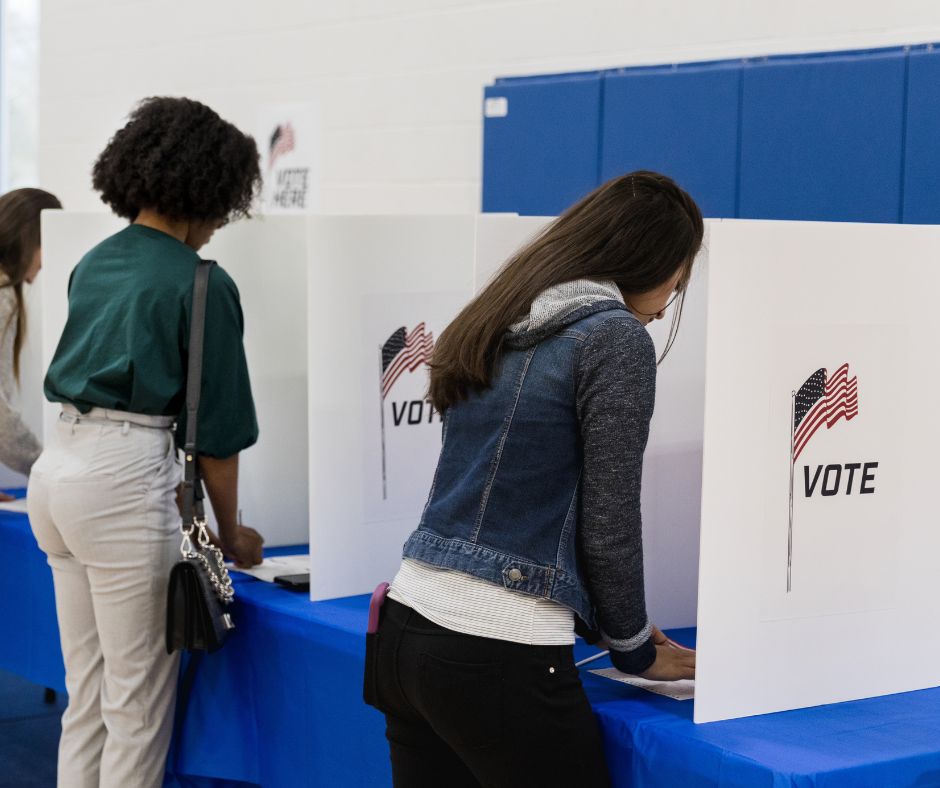On August 13, Wisconsin voters like you went to the polls to defeat two referendum questions that sought to enshrine a legislative power grab in the state constitution. The rejection of Question 1, which failed by 14 points, and Question 2, which failed by 16 points, sent a clear message to state lawmakers that Wisconsinites will not accept attempts to tip the balance of power in favor of the legislative branch just because it disagrees with the person in the Governor’s Office.
Had the referendum questions passed, the governor would have lost the ability to allocate federal funds in accordance with Congress’ approval and intent for specific federal funding. The legislature sought to micromanage every cent provided by the federal government, which would have unnecessarily delayed or even prevented necessary emergency funding and public health spending.
Since Congress passed the Coronavirus Aid, Relief, and Economic Security (CARES) Act in March 2020 during the Trump Administration and the American Rescue Plan Act (ARPA) in March 2021 during the Biden Administration, Governor Evers has allocated billions of dollars from the federal government towards public health measures, like investing in drinking water and sewer system upgrades, and investing in Wisconsin’s economy to aid the state’s recovery from the downturn caused by the pandemic. The governor’s efforts were in accordance with Congress’ intent for those funds. If those dollars were forced to undergo the legislative process instead, then they would been subjected to a lengthy political fight, delaying essential aid for Wisconsin’s residents and economy.
Beyond the unique matter of emergency pandemic-era federal funds, there is no telling what impact these referendums could have had on other federal funding provided to the state. For instance, there are countless federal grant opportunities for state agencies to seek. From time to time, and when appropriate, Wisconsin’s state agencies take advantage of those opportunities to more efficiently and effectively implement state law and state programs. For example, a Wisconsin state agency is currently engaged in a federal grant to help develop safer and more energy efficient building codes. Grant funds are used to collaborate with stakeholders and experts in the building codes space. This work is especially important as Wisconsin is operating under outdated dwelling and commercial building codes. Had those referendums passed, it’s conceivable state agencies would have been required to seek legislative approval before applying for such grants.
Perhaps when the executive branch and legislative branch are controlled by the same party, such approval would be easy to gain. However, under situations where the branches are controlled by opposing parties, the legislature might have had significant veto authority over the executive branches attempt to seek available federal dollars. Federal grant opportunities are intended to help state agencies better serve state residents. They were not intended to be political footballs.
The current system for allocating specific types of federal funding has served Wisconsinites well for nearly a century. The recent opposition to the process did not originate from average Wisconsinites who benefit from swift allocation of necessary funding but from a legislature that wanted to delay and muddy it. Clean Wisconsin thanks you for your votes in rejecting these referendums.

